AFI Docs: Festival hosts North American premiere of haunting, intimate 'La Libertad del Diablo'6/15/2017 Masked figures are the only ones who speak in Everardo González' film about the impact of Mexico's drug violence The AFI Docs festival now underway in Washington D.C. features some acclaimed films, including Spettacolo, Chavela, Unrest, and Maman Colonelle. But no film in this year's lineup is more powerful than La Libertad del Diablo (Devil's Freedom), a disturbing work of eerie intimacy by Mexican director Everardo González, which explores the devastating psychological impact of Mexico's hideous drug war. I was talking to people who are used to hiding their own truth. So the mask allowed them to feel free. All of the characters in La Libertad del Diablo wear masks as they speak about the way the red tide of violence has stained their lives. Ordinarily the point of a mask is to conceal, but in Gonzalez' film, it serves an opposite purpose -- to reveal. “I was talking to people who are used to hiding their own truth. So the mask allowed them to feel free... It was not a matter of [concealing] identity. It was a matter of seeking truth,” Gonzalez told Nonfictionfilm.com at the Berlin Film Festival, where La Libertad del Diablo premiered. “Greek theater used to be like that, carnivals in Venice and all over the world allowed freedom while you were using a mask.” The type of mask González had his subjects wear is typically used in treating burn victims. “It's a mask which has no expressions at all, but because of the fabric it is made with it takes the identity of the one who is wearing it. So even though it is the same mask it changes a lot, depending on who is wearing it,” he observed. “It's a mask which is really related with pain. In my opinion pain is one of the only things that make us equal, no? We suffer almost by the same things or by the same reasons." In his film we hear from victims of violence and ordinary people traumatized by the mayhem that has claimed 100,000 lives in the last decade, with 30,000 more people missing. “More than a movie about the violent deeds themselves, Devil’s Freedom is a psychological plunge into the nightmares and absence that so many dead bodies leave in their wake,” as the film’s press notes sum it up. Gonzalez also interviewed perpetrators of violence — some of them young men. “There’s a kid that says [in the film] the first dead body — the first murder he committed — he was rewarded with an Audi A4. That Audi is the main reason of a lot of things — that idea of having that. And that’s what we’re looking at all over the world. Everybody’s wishing for that power, for that image of himself.” Audio clip: Everardo González explains his decision to have his subjects wear masks González explained that he made use of more than just masks for his interviews. “We used mirrors also. So in a way [the subjects] were talking to me but looking at their own reflection, reflected image. So imagine when you are talking about those things, looking at your face wearing a mask and the only thing revealing it is you is your eyes. Something weird would happen with your emotions. So that was a feeling that I wanted to bring to the spectator also, that the people were looking directly to people's eyes.” He added, “I have wondered where empathy comes from. And then I realized that it is the storytelling, of course; sometimes it is the faces but mainly it is the eye contact that makes us empathize with another one (person).” Unlike many documentaries that have explored the toll of drug-related violence in Mexico, González essentially used no archival material in his film — no shots of crime scenes, dead bodies, news footage, etc. “I remember there was a time when one dead body was a headline. Later you needed two. And later you needed three, until it became almost conceptual art, like a performance or something like that -- the mistreatment of a body, chopped bodies organized in a corner with a sign. And if you didn't have those things you didn't have a headline. So I think society increased the level of indignity, of indolence, and I didn't want to make a film which contributed to that thing. I didn't want to have violent images or just touching the wounds.” The drug-related violence in Mexico does not exist in a vacuum, of course. Demand for illegal drugs in the U.S. drives it. “We must see this problem as a bilateral problem. It’s not only a Mexican problem. It’s a U.S. and Mexico problem,” González stated. The U.S. is not only implicated in Mexico's drug violence through the drugs it imports, but through a product it exports to Mexico. “The guns, the guns,” González lamented. More than 70,000 guns seized in Mexico between 2009 and 2014 came from the U.S., according to data compiled by the Bureau of Alcohol, Tobacco, Firearms and Explosives. Many of the weapons were smuggled across the border. González believes the problem of narco-violence in Mexico will not be solved without a two-pronged, cross-border approach. “We need legalization [of mariujana], of course,” he said. “So maybe a good way [to move forward] is to have really hard discussions about legalization and the banning of guns in the U.S.” La Libertad del Diablo will screen twice at AFI Docs: Saturday, June 17 at 1:15pm and Sunday, June 18 at 9pm. More details here.
|
AuthorMatthew Carey is a documentary filmmaker and journalist. His work has appeared on Deadline.com, CNN, CNN.com, TheWrap.com, NBCNews.com and in Documentary magazine. |
- Home
- News
- Videos
-
Galleries
- 2019 Tribeca Film Festival
- Full Frame Documentary Film Festival
- 2019 SXSW Film Festival
- SXSW 2018 Gallery
- 2019 Sundance Film Festival
- Outfest 2018 Photo Gallery
- Outfest 2017
- Sundance 2018 Photos
- 2017 LA Film Festival
- 2017 Cannes Film Festival
- Tribeca Film Festival 2017
- SXSW 2017 Gallery
- 2017 Berlin Film Festival
- Sundance 2017 Gallery
- 2016 Los Angeles Film Festival
- Cannes Film Festival 2016
- SXSW 2016 Gallery
- Berlinale 2016 Gallery
- Sundance 2016 Gallery
- Filmmaker Gallery
- About
- Contact
Proudly powered by Weebly
- Home
- News
- Videos
-
Galleries
- 2019 Tribeca Film Festival
- Full Frame Documentary Film Festival
- 2019 SXSW Film Festival
- SXSW 2018 Gallery
- 2019 Sundance Film Festival
- Outfest 2018 Photo Gallery
- Outfest 2017
- Sundance 2018 Photos
- 2017 LA Film Festival
- 2017 Cannes Film Festival
- Tribeca Film Festival 2017
- SXSW 2017 Gallery
- 2017 Berlin Film Festival
- Sundance 2017 Gallery
- 2016 Los Angeles Film Festival
- Cannes Film Festival 2016
- SXSW 2016 Gallery
- Berlinale 2016 Gallery
- Sundance 2016 Gallery
- Filmmaker Gallery
- About
- Contact

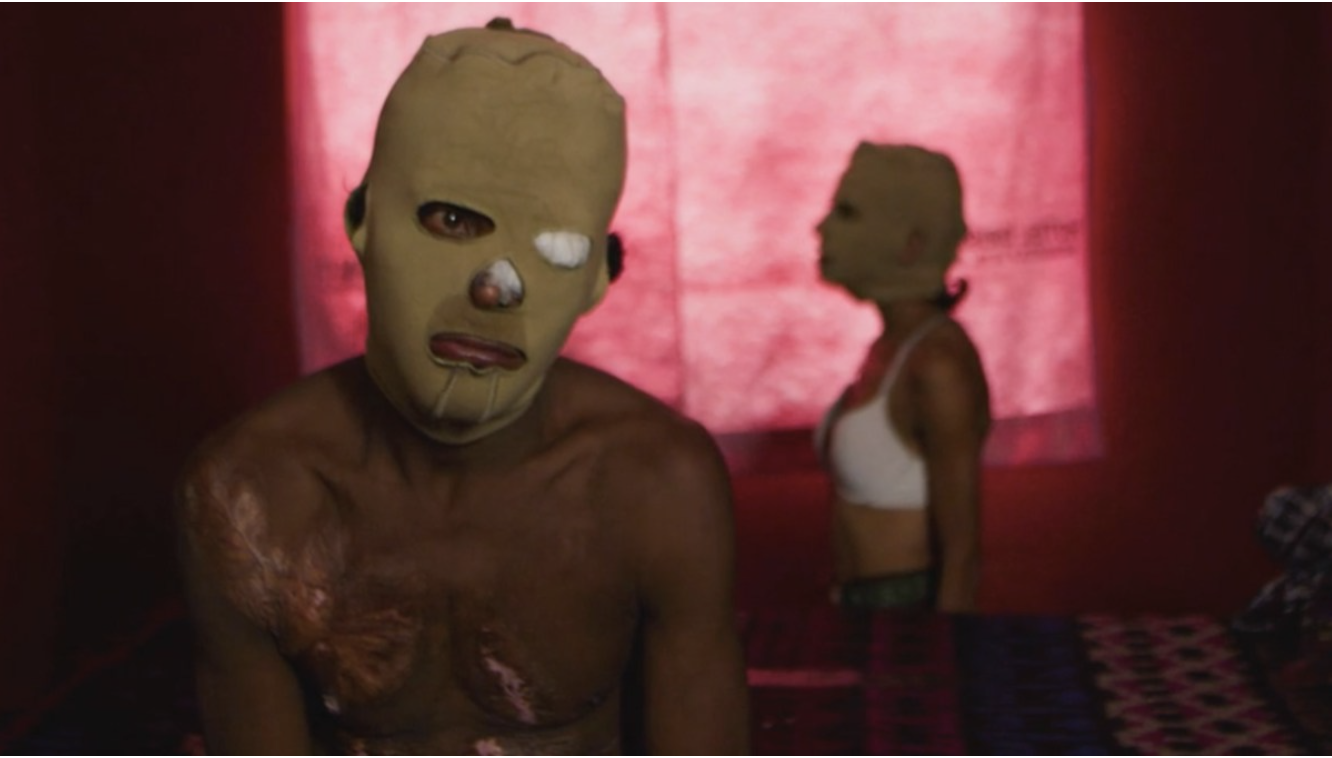

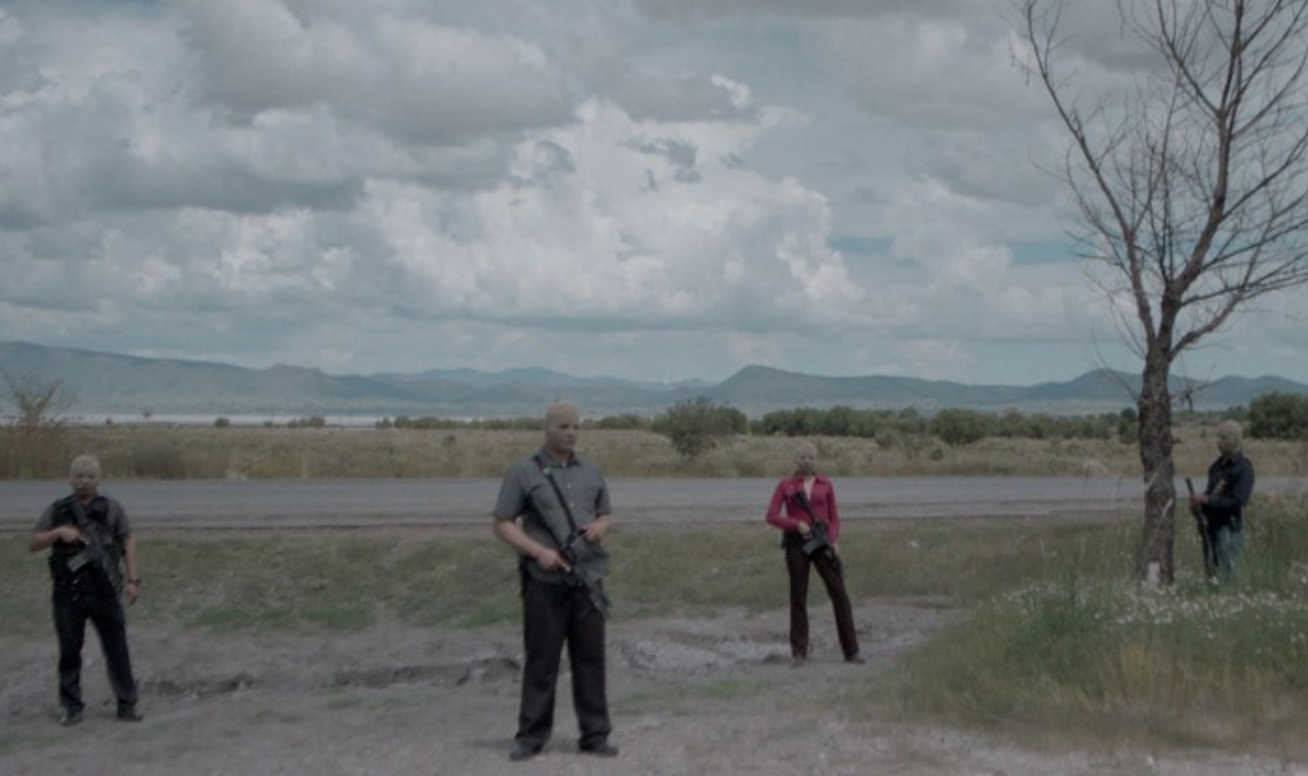
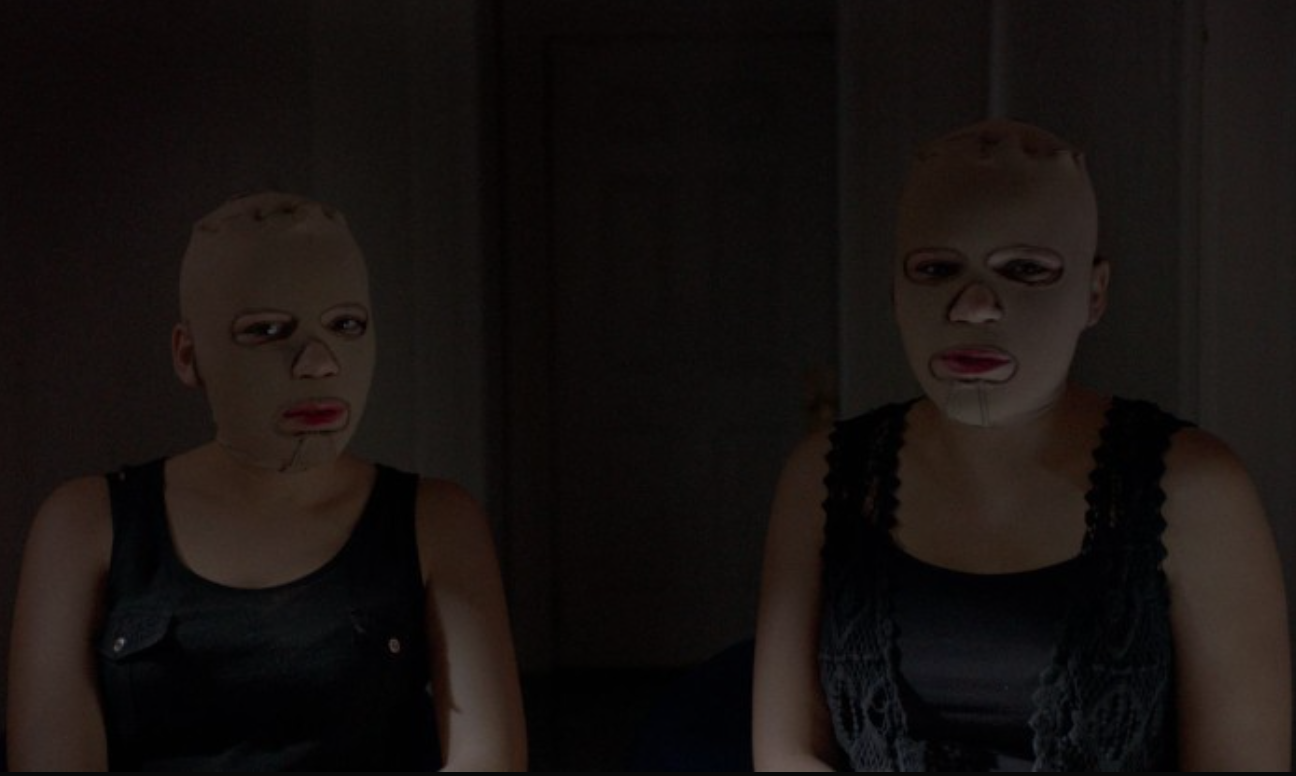
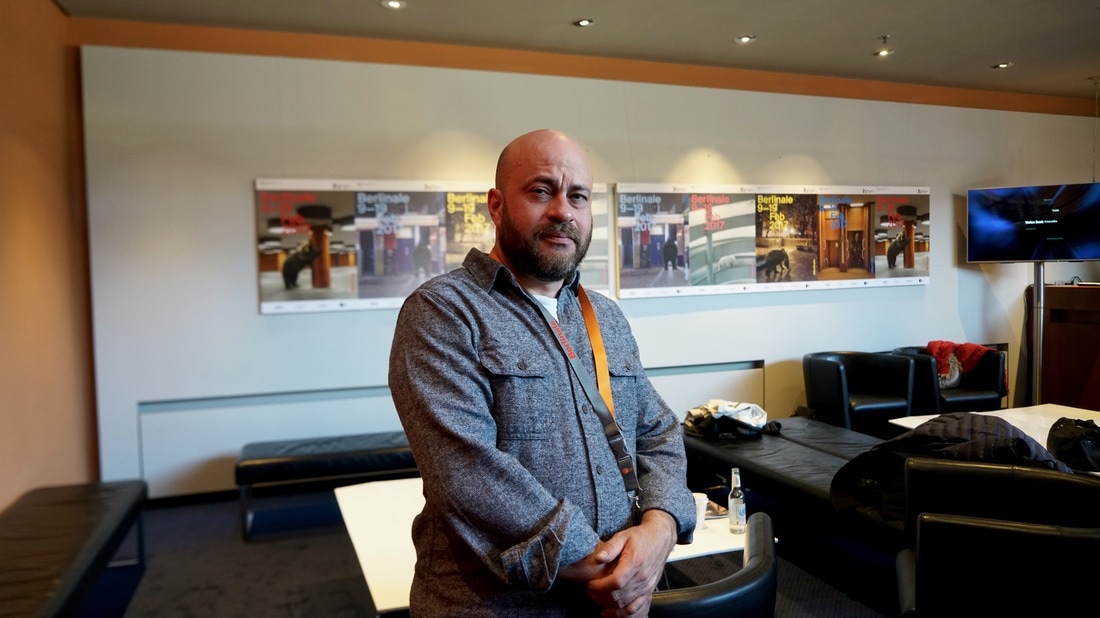
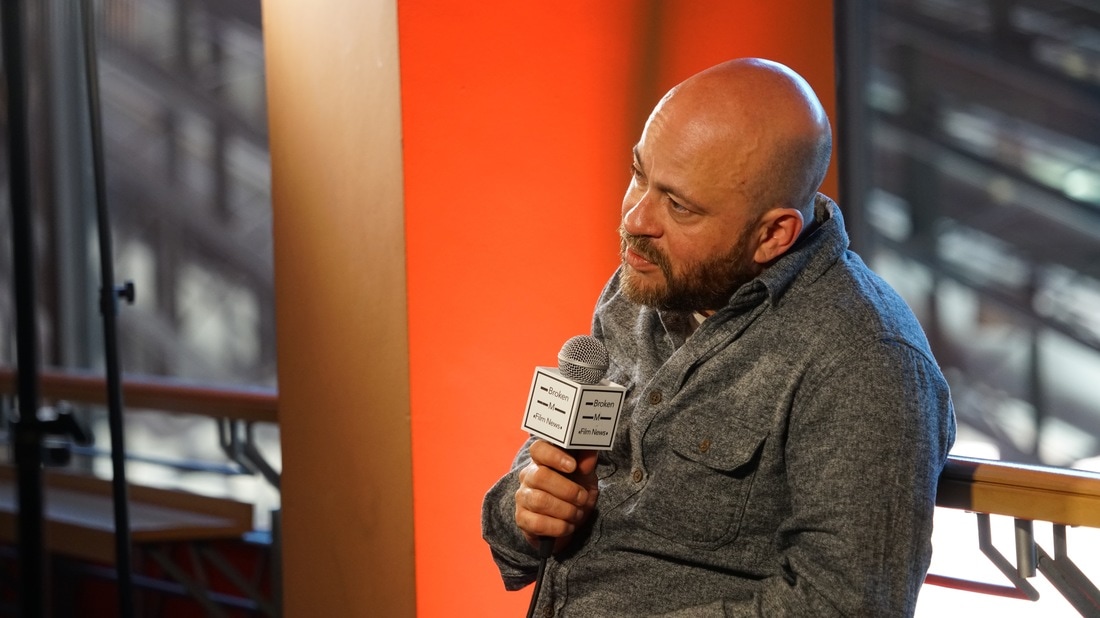
 RSS Feed
RSS Feed